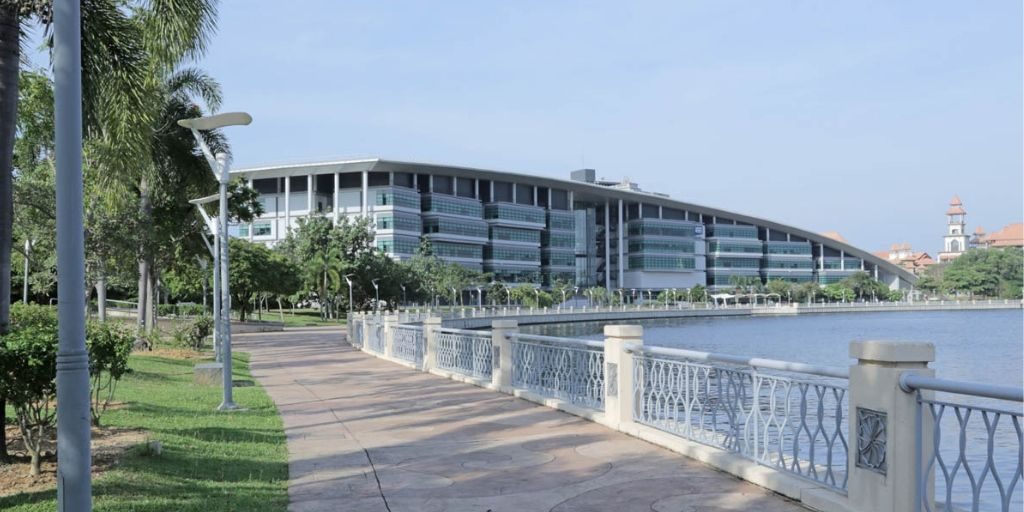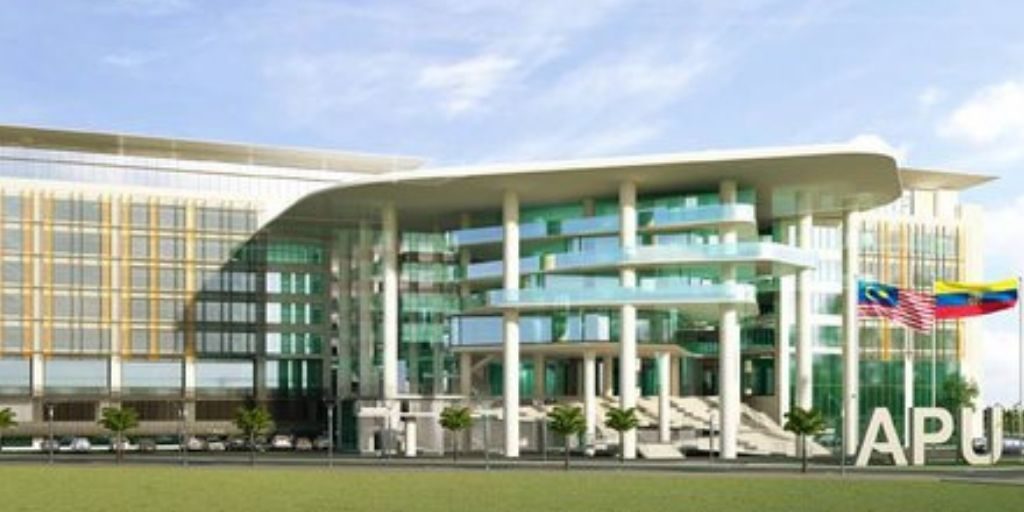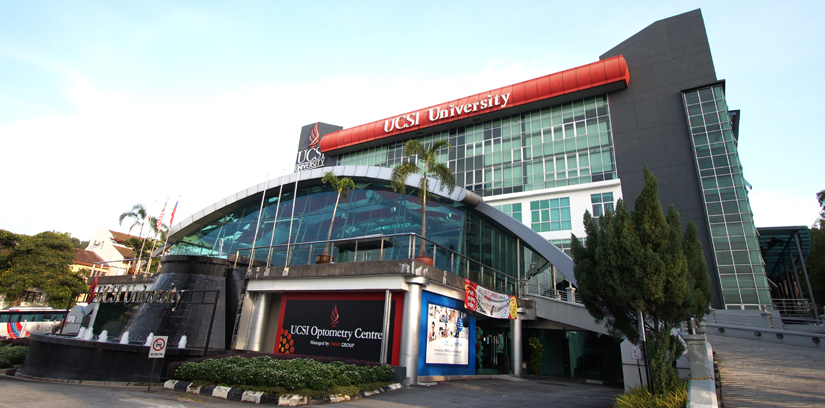What is the study of Petroleum Engineering?
Petroleum Engineering is a field of engineering concerned with the activities related to the production of hydrocarbons, which can be either crude oil or natural gas. It is well-known for its hazardous and dangerous working environment, petroleum engineer usually work offshore in the middle of the sea, staying on top of the platform. Petroleum Engineer also needed to stay a few weeks or months on the platform without going back home every single day. The paid for Petroleum Engineer is considered high among all other engineering careers due to the high risk and skills needed to complete the tasks.
Joining petroleum engineering courses will take 4-years of study, learning the fundamentals of chemistry and physics as well as numerous projects in year 4 study.

What skills do you need to be a Petroleum Engineer?
Science and Computer Knowledge
Petroleum engineering study is hard enough and you will need to know the basic of technology such as software in order to assist you in completing the tasks efficiently and effectively. Strong foundation in science is crucial in engineering courses, especially in physics and chemistry.
Determination and Problem-solving skills
Offshore drilling took place far away in the middle of oceans, it is risky and dangerous when an accident occured on the platform such as fires, toxic gases, and explosions. It is extremely dangerous to expose to highly combustion gases while drilling down deep to search for petroleum. Having the determination and problem-solving skills helps you to deal with emergency situations and stay calm at the same time.
An Analytical Mind
Being a Petroleum Engineer, you will need an analytical mind to assist yourself in planning, implementing, and evaluating the whole process. In the field of petroleum engineering, it is a risky business in extracting oil and gas, therefore, an analytical mind helps you in breaking down a plan to numerous elements which you need to maximize the effectiveness and calculate the potential risk that may involved while implementing the tasks. It also helps you to think critically and strategically in order to carry out the plan smoothly.
Subjects for Petroleum Engineering
- Fundamental of Petroleum Engineering
- Petroleum Geology
- Fluid Mechanics
- Safety in Oil & Gas Engineering
- Production Engineering
- Enhanced Oil Recovery
- Field Development Project
- Petroleum Economics
General Qualifications
| Programme | Requirements |
| Bachelor’s Degree (4-Years) |
|
Career Options for Petroleum
- Drilling Engineer
- Production Engineer
- Field Engineer
- Reservoir Engineer
- Operation Engineer
- Project Development Engineer
- Mud Engineer
- Well Completion Engineer
- Cost Engineer
- Workover Engineer
1. Heriot-Watt University

Campus: Putrajaya, Wilayah Persekutuan Putrajaya
MSc Petroleum Engineering
General Intake: September
Indicative fee of 1-years (Full-time) (2019): RM173,120
2. Curtin University

Campus: Miri, Sarawak
Bachelor of Engineering (Petroleum Engineering)(Honours)
General Intake: February or July
Indicative fee of 4-years (Full-time) (2019): RM118,784
3. Asia Pacific University (APU)

Campus: Taman Teknologi Malaysia, Kuala Lumpur
B. Eng (Hons) in Petroleum Engineering
General Intake: September & November
Indicative fee of 4-years (Full-time) (2019): RM98,900
4. UCSI University

Campus: Taman Connaught, Kuala Lumpur
Bachelor Of Engineering (Honours) Petroleum Engineering
General Intake: January, May & September
Indicative fee of 4-years (Full-time) (2019): RM79,170
International Student enquiries:
Phone: +60182414802
Email: [email protected]

For more stories like this, join the Excel Education community on Facebook
Need help with your uni application? Connect with us here
About Post Author

Nicky Yap
I am a freelance commercial content writer and student of SEGI College studying Bachelor of Business with a major in Marketing. I love to travel and enjoy ‘Me’ time with a cup of coffee in a quiet cafe.
